-
Research brief: How cities generate more extreme rainfall

Observations over Kuala Lumpur and climate model experiments reveal how the warmth of cities compared to the surrounding area enhance extreme rainfall events.
-
Research brief: Study identifies actors limiting tropical storm development
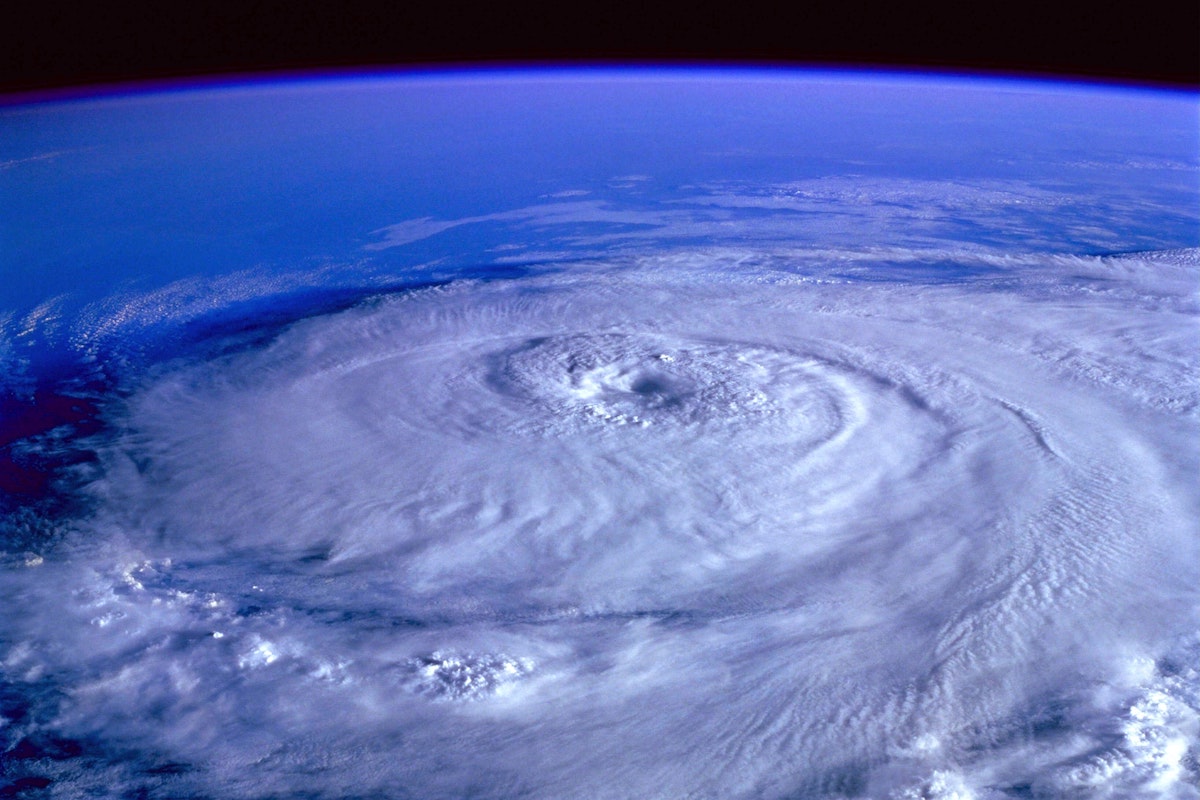
New detection scheme identifies the potential limiting factors for tropical storm formation across different ocean basins.
-
International analysis narrows range of climate’s sensitivity to CO2

The most advanced and comprehensive analysis of climate sensitivity yet undertaken has revealed with more confidence than ever before how sensitive the Earth’s climate is to carbon dioxide. The range has been reduced from 1.5°C-4.5°C down to 2.3°C-4.5°C.
-
Research brief: New Metrics for Assessing Small Scale Wind Processes in Bureau Forecasts

In this paper, CLEX researchers developed new metrics to assess whether forecaster edits targeting these processes were reducing error in the daily varying component of the wind forecasts, by comparing edited and unedited forecast data with weather station observations.
-
Research brief: The shortcomings of convection-resolving models
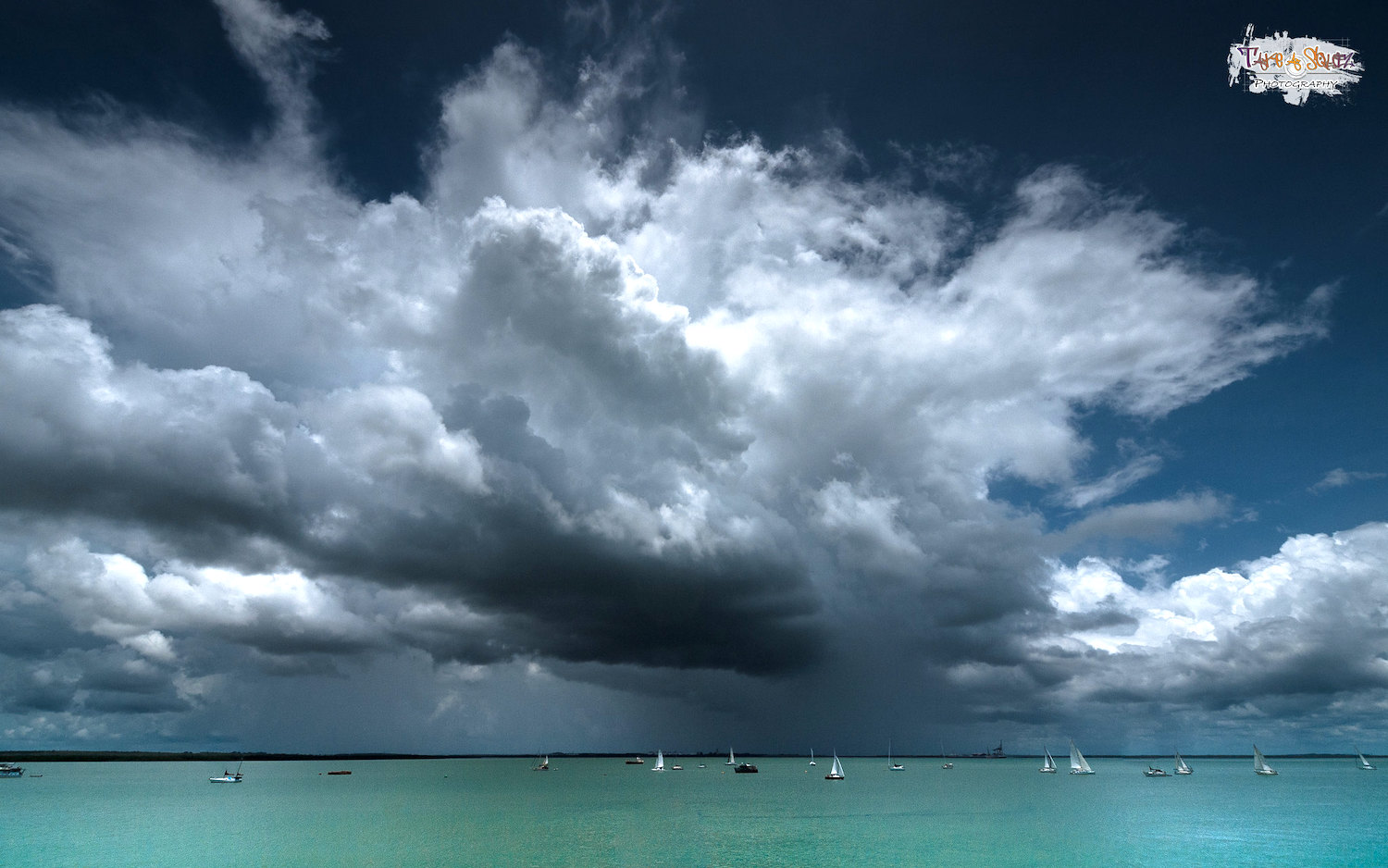
A new paper by Martin Jucker and colleagues reveals the choice of a particular convection-resolving model (CRM) has a much larger impact on the results than increasing resolution. It also suggests the behaviour of CRMs is tied to model internals instead of the phenomena they are trying to reproduce.
-
Research brief: Natural variations shift rain-bearing winds south
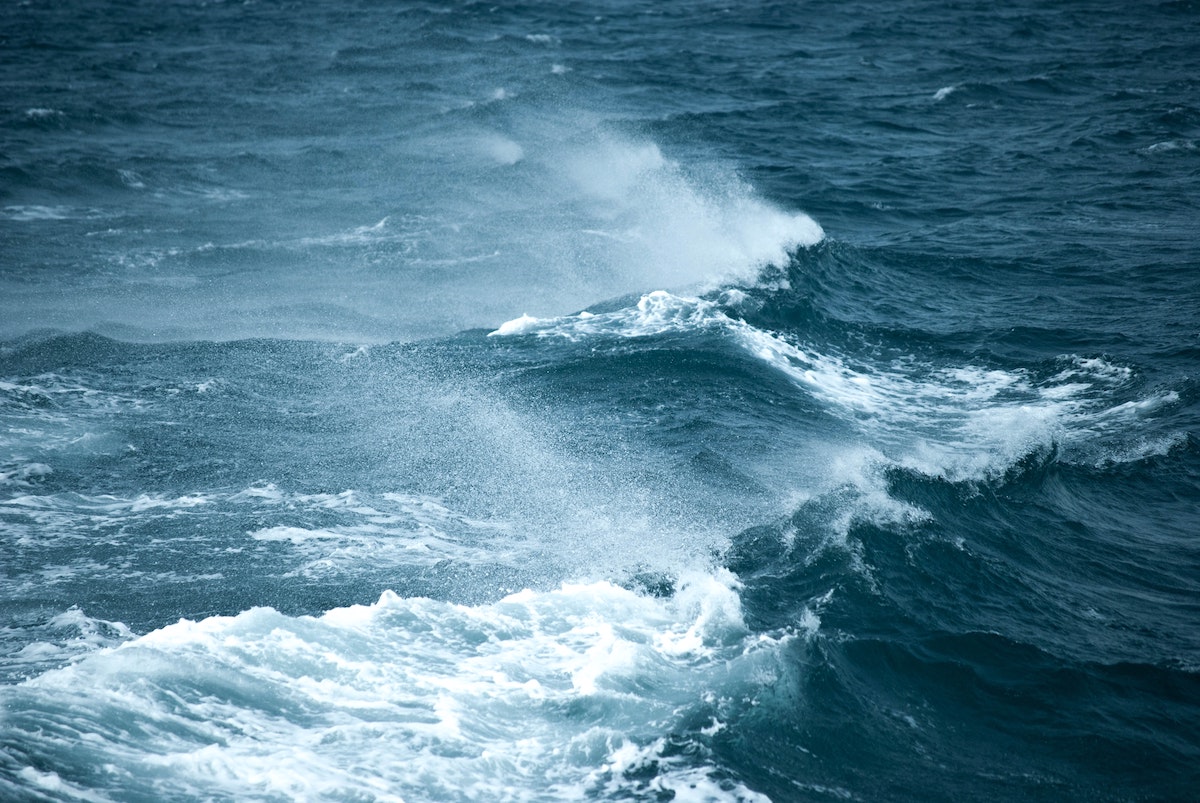
CLEX researchers found the influence of climate change and the depletion in stratospheric ozone are the major drivers over the Atlantic Oceans that shift westerly winds further south. However, over the Pacific and Indian oceans natural variations induced by sea surface temperature changes in the tropical Pacific also play an important role.
-
Research brief: Cold air below thunderstorms affects storm orientation

This study investigates the influence of cold pools, which are evaporatively cooled regions of air near the surface, below thunderstorms, on the orientation of line‐organized thunderstorm clusters using computer model simulations.
-
Research brief: Do high-resolution models improve the simulation of precipitation?

New research suggests that increasing spatial resolution alone is not sufficient to obtain a systematic improvement in the simulation of precipitation extremes, and other improvements (e.g. physics, tuning) may be required.
-
Research brief: New product improves satellite rainfall estimates for data-scarce regions
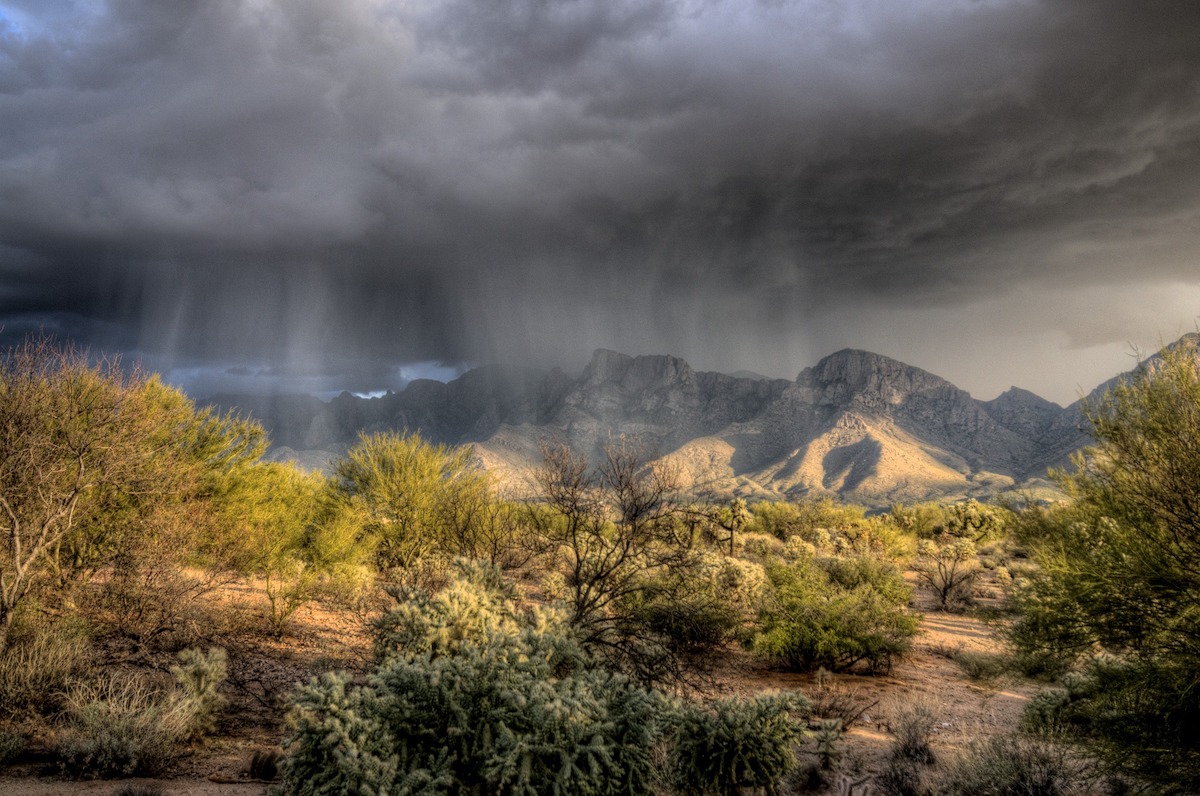
Researchers have developed a hybrid approach to estimate recent rainfall that combines satellite-based rainfall estimates with satellite-based soil moisture estimates. When this approach was tested against independent rain gauge measurements it showed notable improvements.
-
Research brief: Research reveals what caused worse coastal impacts of Storm Gloria
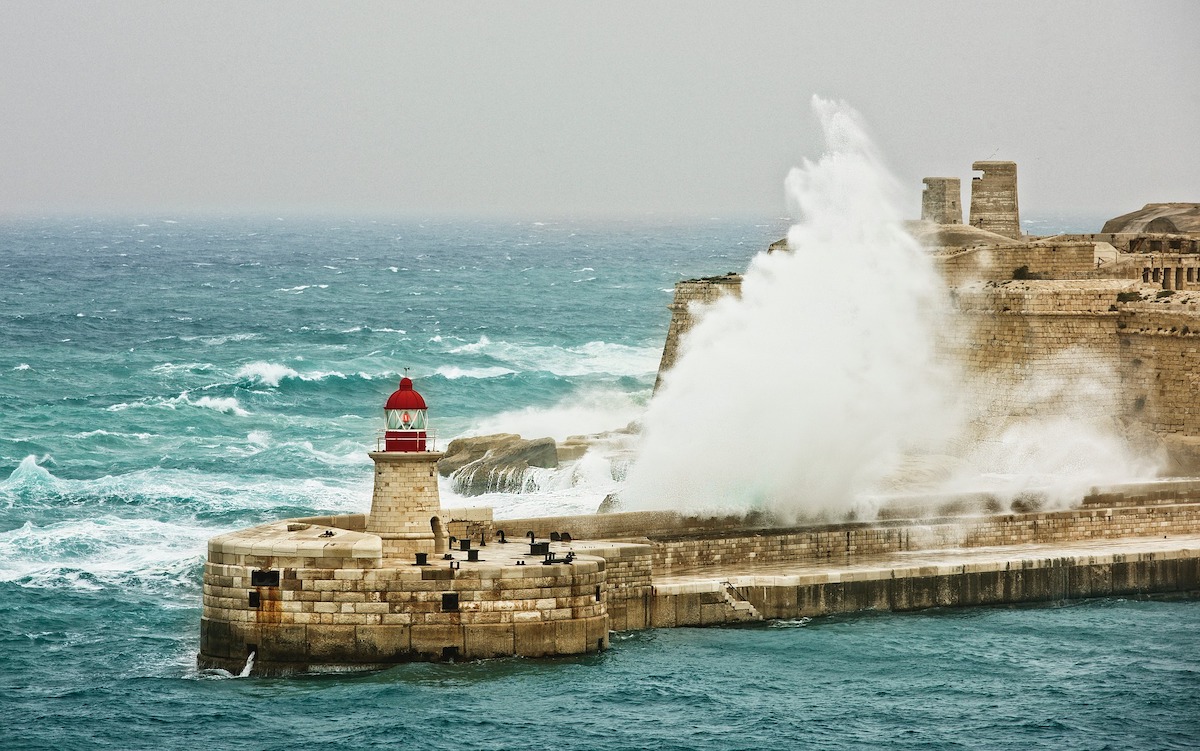
CLEX researchers and colleagues from the University of the Balearic Islands explored what was most responsible for the coastal damage caused by Storm Gloria in 2020. The storm killed 13 people and left a damage bill in excess of $200m.
